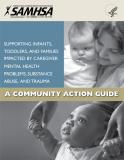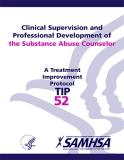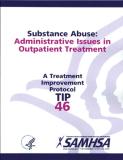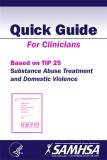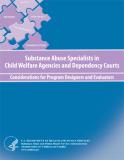
This manual offers guidance on creating a substance use specialist program in child welfare offices or dependency courts. It includes case studies that showcase the programmatic and collaborative structure of substance use specialist programs.
Units per Product
Download
Substance Abuse Specialists
File Type: PDF
File Size: 1.48 MB


